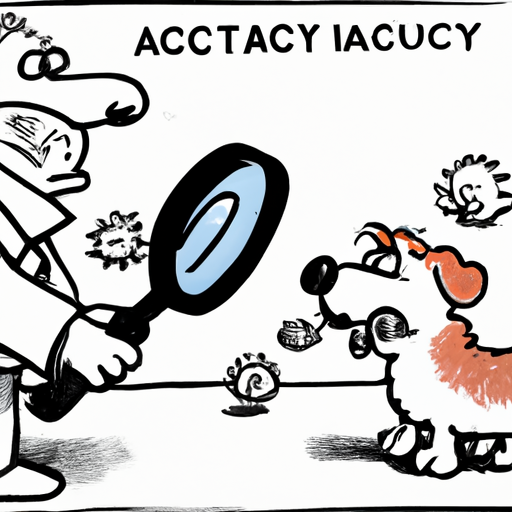Understanding Bacterial Infections in Dogs
Bacterial infections in dogs can seem sudden, but the truth is they often occur when your dog’s immune system is compromised. It could be due to age, an underlying disease, or even the environment. As a caregiver, it is important to understand that bacteria are everywhere. Your dog encounters them every day, but not all bacteria are harmful. In fact, some are crucial for your dog’s health. However, when harmful bacteria invade and the immune system can’t keep up, that’s when infections occur.
Common Types of Bacterial Infections in Dogs
There are several types of bacterial infections that dogs can get. Here are a few of the most common ones:
- Skin Infections: Often caused by Staphylococcus bacteria, these can result in sores, redness, and itchiness.
- Urinary Tract Infections: These are typically caused by E. coli bacteria and can lead to frequent urination, discomfort, and even blood in the urine.
- Ear Infections: These can be caused by a variety of bacteria and often result in redness, swelling, and a foul odor from the ear.
- Respiratory Infections: These can be caused by Bordetella bronchiseptica bacteria and can lead to coughing, sneezing, and difficulty breathing.
How Dogs Get Exposed to Bacteria
Your dog can get exposed to harmful bacteria in a number of ways. Here are some common sources:
- Contaminated Food or Water: This is one of the most common sources. It could be from a dirty bowl, spoiled food, or contaminated water source.
- Contact with Infected Animals: If your dog interacts with another animal that has a bacterial infection, they might get infected too.
- Poor Hygiene: This could be due to lack of regular grooming or living in a dirty environment.
- Exposure to Fleas and Ticks: These parasites can carry bacteria and transmit them to your dog.
Preventing Bacterial Infections in Dogs
Preventing bacterial infections in dogs mainly involves maintaining good hygiene, ensuring a balanced diet, and providing regular vet check-ups. Here are some tips:
- Keep your dog’s living area clean: Regularly clean their bedding, toys, and bowls.
- Maintain a balanced diet: A balanced diet can boost your dog’s immune system and help them fight off infections.
- Regular grooming: Regularly grooming your dog can prevent skin infections.
- Regular Vet Check-ups: Regular check-ups can help detect any potential issues early.
Treatment of Bacterial Infections in Dogs
Treatment of bacterial infections in dogs mostly involves antibiotics. However, the type of antibiotic will depend on the type of bacteria causing the infection. Your vet will be able to determine the best course of treatment. Here’s a simple table to illustrate this:
| Type of Infection | Common Antibiotics |
|---|---|
| Skin Infections | Cephalexin, Clindamycin |
| Urinary Tract Infections | Amoxicillin, Enrofloxacin |
| Ear Infections | Gentamicin, Mometamax |
| Respiratory Infections | Doxycycline, Azithromycin |
FAQs
Q: Can bacterial infections in dogs be prevented?
A: Yes, maintaining good hygiene, a balanced diet, and regular vet check-ups can help prevent bacterial infections.
Q: Are all bacteria harmful to dogs?
A: No, not all bacteria are harmful. Some are crucial for your dog’s health.
Q: Can my dog get a bacterial infection from another animal?
A: Yes, if your dog interacts with another animal that has a bacterial infection, they may get infected too.
Q: What are the common symptoms of bacterial infections in dogs?
A: Symptoms may vary depending on the type of infection, but common signs include redness, swelling, frequent urination, coughing, sneezing, and discomfort.



